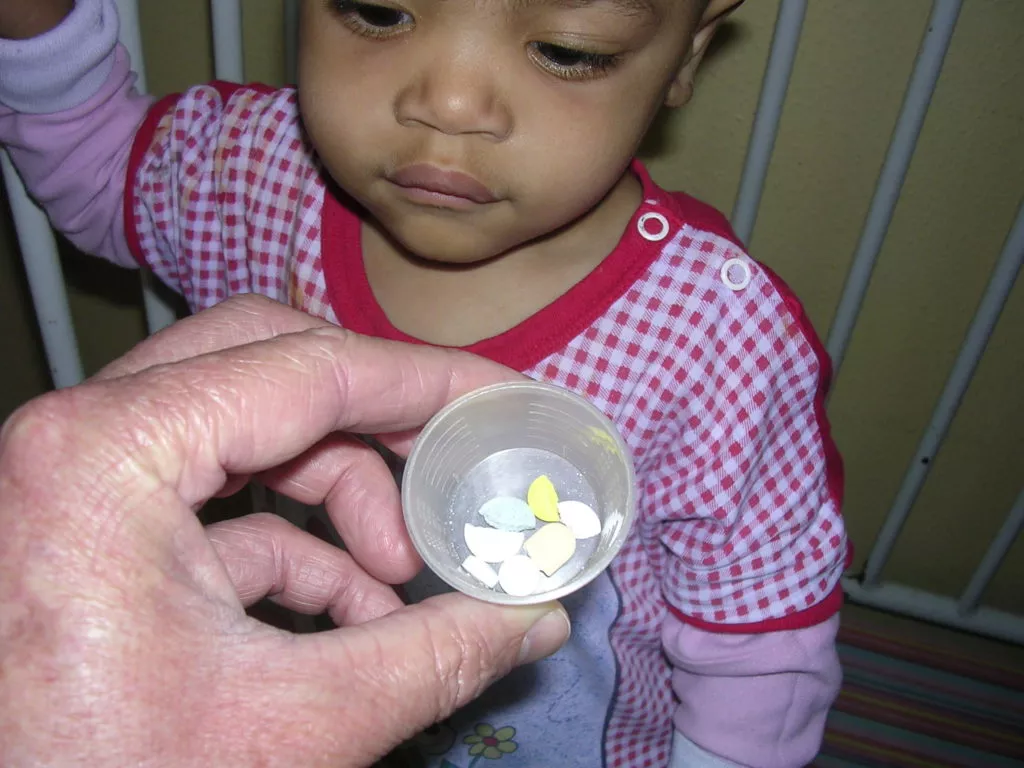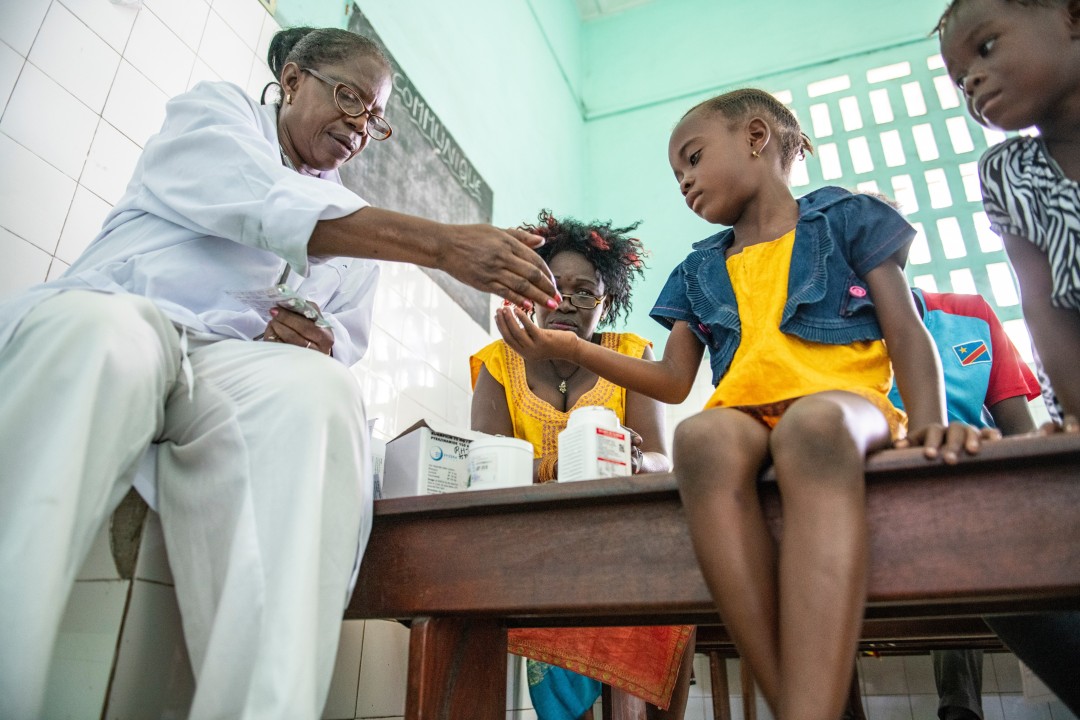In 2017, one million children and adolescents contracted TB and close to half (45%) went undiagnosed. Children are often brought to primary health facilities when they are sick, but because many lower-level health settings in resource-limited settings aren’t equipped to screen and treat children with TB, they often do not access the care they need. Children are more likely to develop TB disease after exposure to the infection, yet access to TB preventive treatment is also limited.
Download the project evaluation
Our response
The TB-Speed project developed and evaluated methods for improving and decentralizing TB diagnosis in children to enhance case finding and treatment access, with a particular focus on the most vulnerable: children who are malnourished, who have pneumonia, or who are living with HIV.




